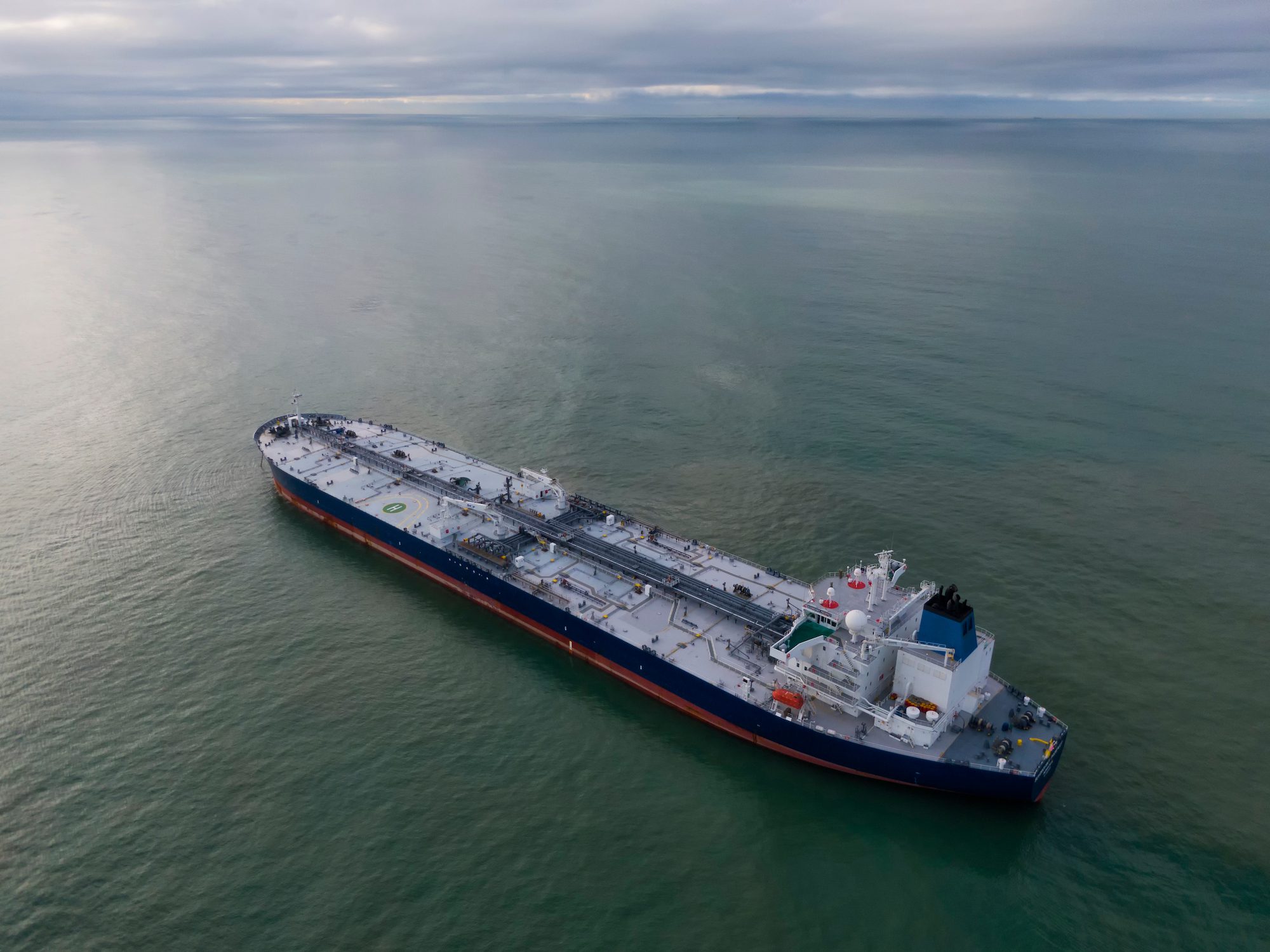Malaysia’s ALAM launches Wärtsilä simulators to train seafarers on ammonia and methanol fuels, boosting bunkering safety and green maritime skills.
Melaka, Malaysia – July 2025 – The Akademi Laut Malaysia (ALAM) has officially launched a state-of-the-art simulation suite powered by Wärtsilä, aimed at advancing maritime training in the era of low-carbon shipping. The new facility enables seafarers to train on a wide range of alternative fuels — including methanol and ammonia — alongside conventional dual-fuel systems, supporting the safe and efficient handling of next-generation marine fuels in future bunkering operations.
As the training arm of MISC Berhad, a subsidiary of Petronas, ALAM has integrated Wärtsilä’s latest dual-fuel simulation technology with immersive virtual reality elements. This advanced suite prepares maritime professionals to handle both conventional and alternative fuels, including methanol and ammonia — fuels set to play a key role in the shipping industry’s green transition. For the bunkering sector, this means enhanced training in fuel handling, safety protocols, and operational efficiency with future low-carbon fuels.
During the inauguration on July 17, 2025, ALAM was formally inducted into Wärtsilä’s prestigious “Maritime Advancement in Simulation, Technology and R&D Services” (MASTERS) program. This recognition positions ALAM as the first institution in Asia Pacific to join the exclusive network, highlighting its role as a regional leader in maritime training innovation.
Ts. Dr. Captain Manivannan Subramaniam, Chief Executive of ALAM, stated “The launch of this new suite, and our recognition as Wärtsilä’s first MASTERS centre in Asia, reflects our unwavering commitment to maritime excellence,” said Ts. Dr. Captain Manivannan Subramaniam, Chief Executive of ALAM. “This facility will help us produce future-ready seafarers with the skills to lead in an evolving, decarbonizing industry.”
The facility includes full-mission bridge simulators with 270-degree visualization, engine room and liquid cargo handling training setups, and cloud-based platforms for blended learning. These tools are crucial for preparing maritime professionals for complex bunkering operations involving new fuel types, ensuring safe and efficient fuel transfers.
Neil Bennett, General Manager, Simulation & Training at Wärtsilä Marine, added, “ALAM students can now simulate real-world vessel operations across a range of scenarios — from navigation to alternative fuel handling and emergency response. We’re proud to welcome ALAM into our MASTERS program as a regional leader in maritime training.”
Founded in 1976, ALAM has a rich history of training over 15,000 maritime professionals. Located in Melaka, overlooking the bustling Straits of Malacca, the training center’s partnership with Wärtsilä dates back to 2006. This latest upgrade solidifies their long-standing collaboration and positions ALAM at the forefront of maritime training in a rapidly changing industry. For the bunkering sector, this investment in advanced training means a future workforce more adept at handling the complexities of new fuels, ensuring safer, more efficient, and compliant bunkering operations worldwide.
About Wärtsilä
Wärtsilä Corporation is a global technology leader serving the marine and energy sectors. With a workforce of 18,300 professionals across 77 countries, Wärtsilä recorded EUR 6.4 billion in net sales in 2024.
The company focuses on sustainable innovation to improve the environmental and economic performance of its global clientele. Wärtsilä is listed on Nasdaq Helsinki.
About Wärtsilä Marine
Wärtsilä Marine is a global leader in power, propulsion, and lifecycle solutions for the maritime industry. With a deep portfolio that includes marine engines, propulsion systems, hybrid technologies, exhaust treatment, and digital innovations, Wärtsilä is committed to driving the maritime transition to decarbonised operations. Their integrated approach spans performance-based agreements, lifecycle support, and digital ecosystems connecting vessels and ports.





